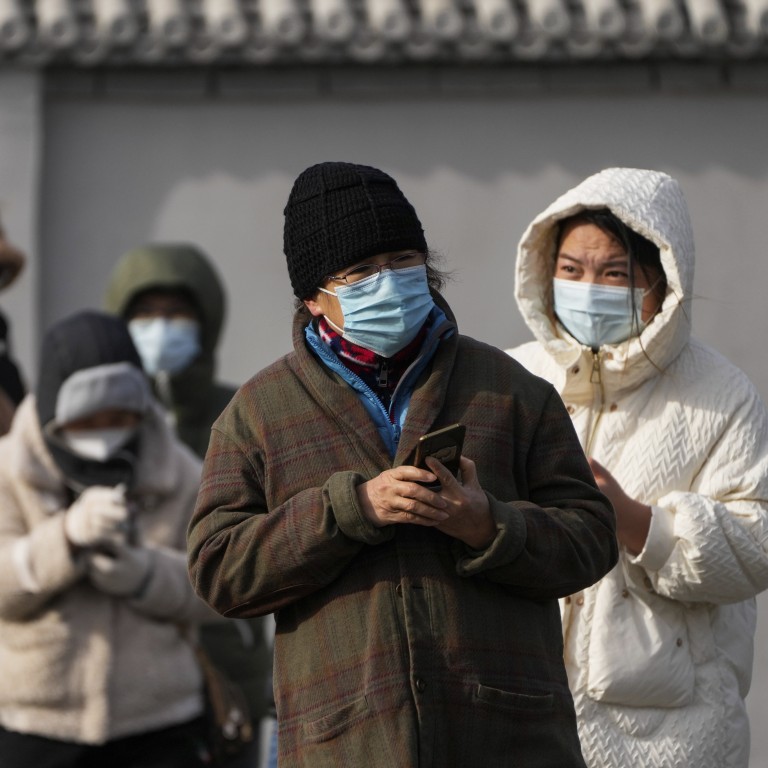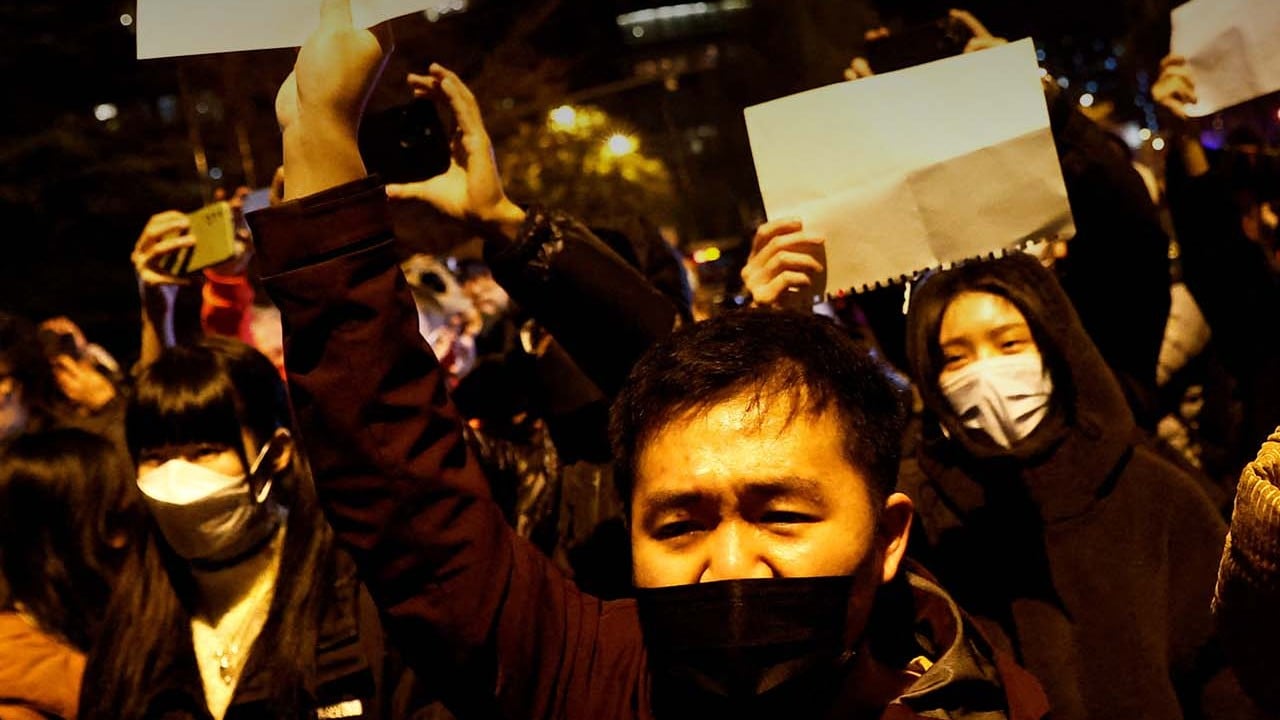
Why markets mustn’t overread the tea leaves on China’s Covid protests and reopening
- Even before the Covid protests, a shift in Beijing’s pandemic management had become the most talked-about issue in markets
- Divining Beijing’s intentions is a fool’s errand. Even investors can’t agree on which scenario poses more of a threat to asset prices: imposing more lockdowns or allowing the virus to spread more easily
Shortly after the Covid-19 pandemic erupted in March 2020, many investment strategists became amateur epidemiologists, producing reams of research on the virus – some of it highly technical – in the hope of determining the level of disruption and its implications for different sectors of the economy and asset prices.
Never mind that modelling the evolution of the pathogen posed enough of a challenge for experienced virologists, and that traders misjudged the economic fallout – particularly the severity of the inflation shock – as well as the speed and scale of the recovery in markets. The fear of missing out on a profitable trade and the need to explain and justify moves in markets led investors to speculate intensely about a subject they knew little about.
However, the demonstrations, which pose a significant challenge to China’s Communist Party, have broadened the scope of market speculation about the political calculations of President Xi Jinping, particularly how he intends to respond to the social unrest and the potential damage to his regime.
While it is not surprising that many international investors believe insufficient attention has been paid to China – the zero-Covid policy does not even figure in the top “tail risks”, according to Bank of America’s monthly global fund manager survey – markets are notoriously poor judges of political risk.
Foreign investors are particularly ill-equipped to assess and price risk in an opaque and difficult-to-read market like China, and even more out of their depth when it comes to predicting how Beijing’s pandemic management will play out.
The uncertainty and unpredictability that pervade the reopening of China’s economy stem mainly from the fact that the government’s policy choices are deeply at odds with each other. The political, public health, social and economic considerations involve extremely tough trade-offs Beijing is only starting to come to grips with, making investors even more dependent on signals and adjustments to policy that are often misconstrued or overinterpreted.
In 2023, manage expectations of a Fed pivot and China’s reopening
This shows that investors are not just unsure how and when China will reopen, they are not even certain which scenario poses more of a threat to growth and asset prices: imposing more lockdowns or allowing the virus to spread more easily.
The reality is that divining Xi’s intentions is a mug’s game. Nomura, one of the more astute observers of China’s management of the pandemic, noted in a report published on Wednesday: “Markets are swamped by rumours, WeChat screenshots and tweets full of cherry-picking messages.”
China’s economic reform provides a blueprint for its exit from zero-Covid
However, investors were wrong about inflation this year and may again be off the mark in 2023 if, as seems likely, prices do not fall fast enough. If markets are not even getting the big calls right, betting on China’s unpredictable reopening is a fool’s errand.
Nicholas Spiro is a partner at Lauressa Advisory


